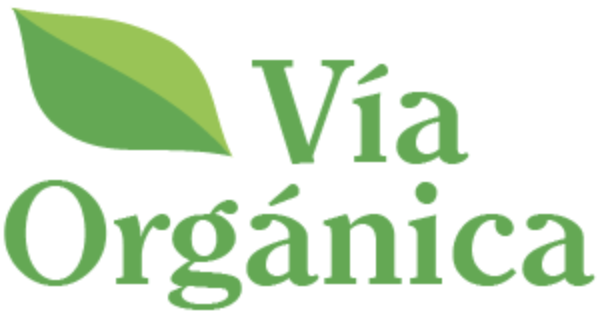Feeding the World Slowly, Ethically, Sustainably
It is interesting to note that we are using on average 33 times more pesticides than 50 years ago, yet crop losses are 20 times greater. This is because pests have become resistant to chemicals, evolving to survive them.
Fortunately, organic farming is one of the fastest-growing industries in the world, with sales growing 20-25% per year. So if you support this industry you can help nature to restore her exquisite balance and help rid the planet of poisons.
Monocultures and the loss of diversity
The risks caused by monocultures is becoming more and more problematic every year. The cultivation of only high-yield crops threatens diversity, which is fundamental to life. During the 20th century, three-quarters of the genetic diversity of agricultural crops was lost. The 100 000 varieties of rice once cultivated have been reduced to a few dozen, and 75% of the world’s cultivated rice now descends from a single plant.
An example of the horrors of monoculture was the Irish experience with potatoes and the starvation that ensued. When species are lost the whole web suffers. We are putting all our eggs into a few genetic baskets. Around 75% of the world’s food comes from seven different crops, and as the natural habitat of these species wild ancestors is being destroyed the genetic diversity of these crops is rapidly disappearing.
“Biodiversity – the sum total of all the world’s life forms, organisms, and genes – is nature’s fail safe mechanism against extinction… any smart banker will recommend a diversified portfolio to hedge against a risk.” ~Kenny Ausubel, EcologistFortunately, heirloom seeds are being saved from extinction by dedicated, far-seeing individuals and groups around the world, including South Africa.
Another area of concern is specialization. Countries and areas which are more suited to one type of crop will focus on single-crop farming, which not only compromises the local communities, but also makes the whole crop vulnerable. When farmers grow a cash crop for export rather than local sustenance the local economy is made hostage to the global economy.
Most major retailers seek efficiency through economies of scale. This often means that they encourage their suppliers to produce a very limited range of varieties of crops in order to simplify their packaging and distribution operations. This reduces traditional regional diversity and results in a loss of agricultural biodiversity.
Industrial agriculture depends on oil for chemicals and phosphorus for fertilizer, both are limited resources, which means they are price driven. As industrial farming relies heavily on fossil fuels it contributes hugely towards global warming and the destruction of the fertile land on which cultivation depends. The predicted 1 meter rise in sea levels will swamp 30% of the world’s croplands.
Importing agricultural products from other countries puts the livelihoods of local farmers at risk, and is having devastating effects on rural communities.
Our food security is being put at risk as the diversity of crops which are cultivated diminishes. Cheap wheat from the US is bankrupting thousands of poor farmers across the world.
Britain imports apples and as a result has lost most of its orchards. European dairy products are destroying local production in milk-rich Mongolia. Dutch butter costs less than Kenyan butter in Nairobi. Importing food should be strictly confined to what cannot be grown locally or in sufficient quantities.
There are two ways of measuring productivity. The first is by the amount one person can grow, the second is the amount that can be grown per unit of land. Big business uses the first measure, which is having a devastating effect of the poor farmers around the world. They are forced to leave their land and become city slum-dwellers. It is estimated that by 2030 one third of the world population will be slum dwellers.
What matters is production per unit of land
The most productive land is the vegetable plot of an enthusiast who feeds her family and gives or sells to neighbours. The large-scale production of crops for supermarkets is the least productive, as inter-cropping is not possible, and produce which is not of the required size and uniformity is dumped.
The highly productive, intensive farming of chickens, for example, is not only horrifically cruel, but relies on antibiotics and other medications used prophylactically (these pharmaceuticals don’t biodegrade, and so pollute both the consumer and the planet) and has the inherent risk of viruses spreading out of control, seen most recenly in the outbreaks of avian flu in south-east Asia.
